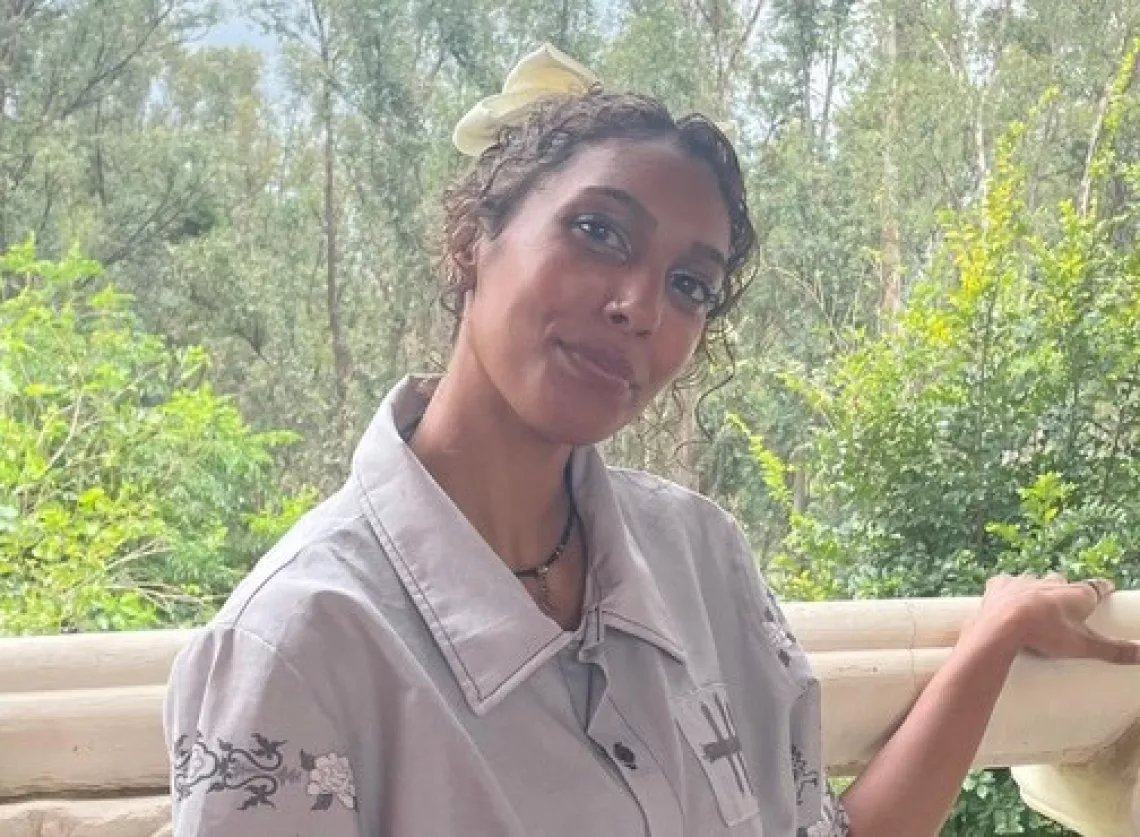
World Obesity Day is commemorated every year on March 4th. This year the theme is “Let’s talk about obesity and…”. I would like to talk about obesity and food marketing.
When I read that over R3,7 billion was spent advertising sugar-sweetened beverages between 2013-2019, I knew something was wrong. Then I read further that most advertising was targeting children and families.
With that knowledge, it all clicked for me. Whenever I thought of getting something to drink, I would reach for a cold drink, rather than having water or another beverage that didn’t contain sugar. I never quite thought about why that was until then. (I later learnt how much sugar was added to fruit juice!).
I first engaged with UNICEF during a panel discussion at the University of Pretoria where the second phase of their “My Body, My Health: My Wealth” campaign was launched during National Nutrition Week. The campaign aims to raise youth awareness of noncommunicable diseases (NCDs) and the role of the food environment.
South Africa faces an epidemic which claims 41 million lives globally, each year. Non-Communicable Diseases (NCDs) such as diabetes, cardiovascular diseases, chronic respiratory diseases and mental health disorders occur mainly as a result of unhealthy behaviours, including eating an unhealthy diet and being physically inactive, among others. Obesity is also a known factor to increase the risk of developing NCDs.
But while most NCDs are both preventable and treatable, it is easy to fall into the trap of unconsciously neglecting our bodies and our weight, through poor diet and lifestyle choices. We all aspire to be healthier but tend to hold ourselves back because it is not always as convenient as popping into a fast-food outlet and ordering their so-called “healthy meal”. Most times, we simply do not realise how often we are manipulated into investing in the depletion of our health. The food environment is largely governed by profit objectives and the marketing of food plays a massive role in the decisions we make on what to buy and eat. Over time, this shapes our habits.
Nonetheless, we must each take responsibility for our own health and wellbeing. Practicing a few simple healthy habits to keep a healthy weight and protect yourself against NCDs can make a significant difference in the quality of your life. But where do you even start?
My answer is you don’t have to live in a secure estate to jog outside every day, nor spend a fortune on a gym membership. There are simple, affordable and safe ways to be more physically active. And to eat healthy, doesn’t necessarily mean to eat less or to only eat salad.
Here are some of my tips for a healthier student life:
- Start with a simple 2-minute stretch in your bedroom
- Drink one more glass of water
- Decide to replace your crisps (processed food) with a banana (whole food)
There are also actions you can take to influence the food environment to make a range of affordable and nutritious food more readily available. When we can access healthy food that we can afford, we can be supported in fostering good habits. So, what can you do?
Here are some of my reflections:
- Join the youth movement to prevent NCDs. You can read more about this here: My body, my health: my wealth
- Become informed! Learn about how food is marketed to you and how this influences your food choices and ultimately, your health.
- Read the labels on food packaging and choose nutritious options. Be mindful of false advertising and promises such as “low in sugar” and “high in fibre”.
- Demand nutritious affordable food at your local vendor, on campus and other food outlets.
The little healthy habits make a big difference. And adding your voice to the youth movement to demand access affordable nutritious food will make a difference! Remember, living a healthy lifestyle is not a luxury – it is your right!
Maleeqah Karriem is a volunteer with the University of Pretoria Campus Club driving advocacy and social transformation. She is particularly interested in issues relating to mental health.
